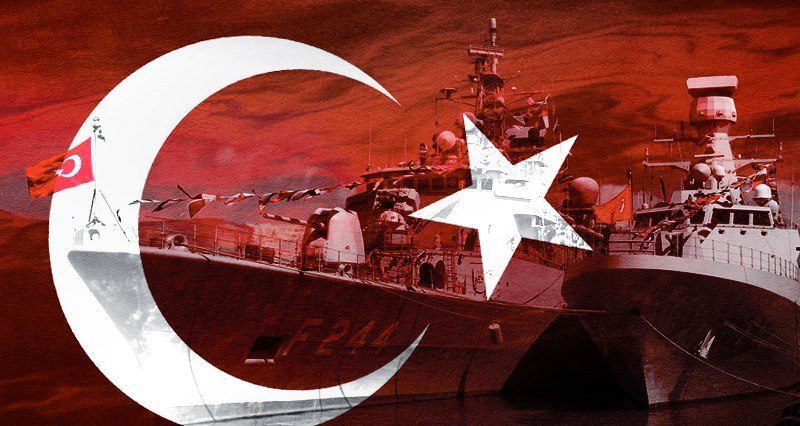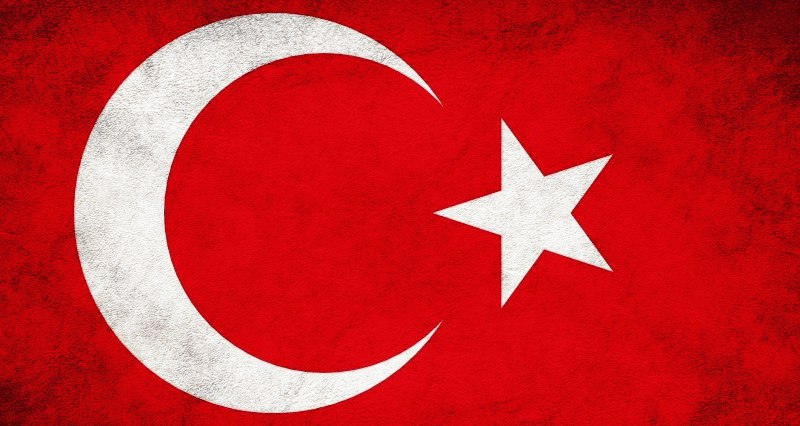The past year saw Turkey’s turn toward an anti-Western foreign policy, while in domestic politics President Recep Tayyip Erdoğan was forced to share his power as new types of coalitions blossomed.
To summarize the political reflections of 2019 in Turkey, both foreign and domestic:
Turkey is moving away from atlanticist power

Following the US-backed coup attempt on July 15th 2016, the discord between Ankara and Washington has become undeniable, pushing Turkey to take a path away from the West. Ankara’s purchase of S-400 air defense systems from Moscow played a crucial role in that conflict.
Turkey’s deal with Russia was a critical step in securing its air security, despite the fact that the country remains a part of NATO. Russia and Turkey have engaged in deepening cooperation in various fields, especially in the energy sector.
Naturally, improving relations between Ankara and Moscow has not gone over well with other members of NATO: 2020 is likely to be a year of significant breaking points in regard to Turkey’s continued membership.
Another incident that negatively affected relations between Ankara and Washington was Turkey’s involvement in the Syrian conflict.
In October 2019, the Turkish Armed Forces began the Operation Peace Spring in the Northern Syria. The operation was designed to clear out the US-backed YPG/PKK/PYD terrorist groups from the Northern Syria. Despite pressure from the United States, Turkey continued its campaign, preventing the “corridor of terrorism” from being established in the territory.
Operation Peace Spring was a major defeat for the United States and its subordinates in Syria. Turkey, Iran and Russia have continued to cooperate in regards to Syria, coordinating via the Astana Summits. Thanks to the trilateral mechanism, important steps have been taken to resolve the crisis.
Mavi Vatan

Turkey also took the offensive against Western-backed plans in the Mediterranean. At the end of the year, Turkey undermined efforts to push Ankara out of the Eastern Mediterranean by signing maritime border settlement agreements with the UN-recognized Government of National Accord in Libya. This agreement resulted in a major weakening of the US-EU-Israel bloc which opposes Turkey in the Eastern Mediterranean. The entire political climate in the Eastern Mediterranean is likely to change if Turkey meets its goals in Libya, especially if Syria and Egypt participate as well.
In summary, Turkey’s 2019 foreign policy included:
- Breaking away from the West and Atlanticism
- Improvements in relations with regional neighbors, especially Russia;
- thwarting Atlanticist plans in the Eastern Mediterranean.
A year of shake-ups in domestic politics
Turkish domestic politics in 2019 saw the ruling party losing some of its grip on power, but simultaneously saw that government turning toward more nationalist oriented policies.
After the March 31 local elections in Istanbul ended with contested results, the election was repeated on June 23 with the same results: the ruling Justice and Development Party (AKP) lost in many major cities, particularly Istanbul and Ankara.
Meanwhile, former AKP members Ali Babacan and Ahmet Davutoğlu, who have good relations with the Atlanticist front, broke off from the party and formed their own political groups.
It is important to understand the AKP’s union with Kemalist groups’ in order to understand the direction of Turkish foreign policy will take in the coming period.The AKP began pursuing nationalist policies before the local elections, and these policies will continue despite the party’s electoral defeat.
2019 saw an implicit coalition between the AKP and national forces materialize, while opposition parties formed an alliance under the umbrella of the United States.
On the other hand, the “big projects” of the year, the Kanal Istanbul (an artificial sea-level waterway) and a project for domestic car manufacturing, both continue the AKP’s classical domestic political orientation.
However, the debate over Kanal Istanbul has brought about heavy polarization in society.
As a result of the political breakdowns occurred in 2019, Turkey has become fertile ground for interesting alliances in the coming period.
Turkey has taken a new path, both in domestic and in foreign policy.
The drift away from Atlanticism has caused major geopolitical shockwaves, upending the direction Turkey’s domestic and foreign policy have followed since it became a NATO member in 1952.
A new Turkey is being born into an emerging multipolar world. However, the debate regarding the country’s domestic policies continues, and things are anything but certain at the turn of the new year.

















Leave a Reply